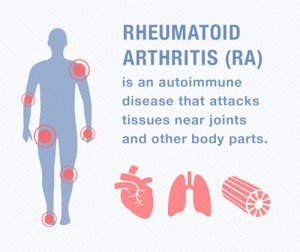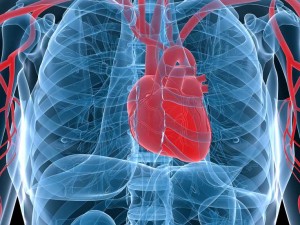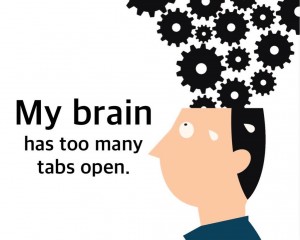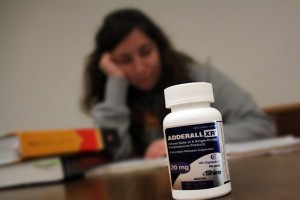To be honest, I almost dropped SC200 before I even stepped foot in the classroom. Although I was scared during the first three weeks, keeping this course on my schedule was the best college decision I have ever made. Let me explain.
It made me question everything
It wasn’t until about halfway through SC200 that I realized I had been what I call a “follower” my entire life. I was so easily swayed by people’s ideas, especially when they used statistics. I never turned around and asked my mother why I needed a coat when it was cold outside. I never stopped in the middle of a news article to say “Hey wait a minute!” For my entire life I have been following, taking people’s word for subjects in fields where I was uneducated. I am not entirely sure if Andrew’s main goal was to make us question things, but that is definitely the number one thing I got out of the course. Obviously it’s not good to question every single little thing in life, but it’s important to analyze situations and try to understand the “why” behind so many happenings in life.
This is probably considered weird in today’s day and age, but I actually read the newspaper every day. Since this course has begun I have literally found myself laughing out loud over certain articles. I pick them apart, look for possible errors or flawed reasoning. But then suddenly I stop laughing and become filled with disappointment and sometimes even anger. How could such poorly designed studies be published by national news companies?
Andrew Read’s class was certainly the most practical class I have ever taken. Some of my classes that I currently take involve brute memorization but do not promote any type of critical thinking. As I write this, I am filled with a feeling of joy. The best part is that the skills and materials I learned in Andrew’s class will carry on throughout my entire life. It won’t matter if the year is 2100 and 101 years old! I will always think in a different manner because of this course. And that’s what I really applaud Andrew for, he taught me something that very few are capable of doing, and he did it by changing the way I think. Not many people have done that in my life. I want to close this by saying thank you to Andrew. Thank you for teaching me practical knowledge that I will be certain to use in my everyday life. Thank you for making me question things that would have never occurred to me if I had not taken SC200. Thank you for being my teacher.



















